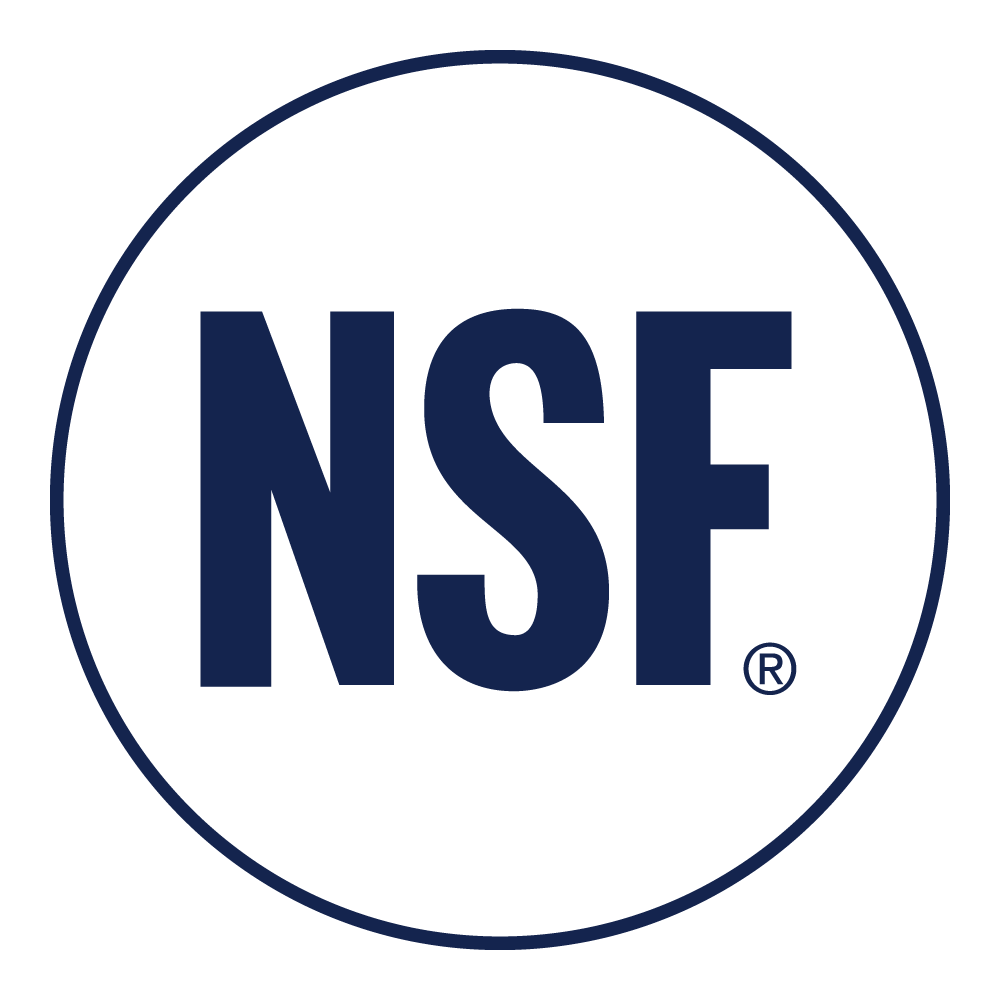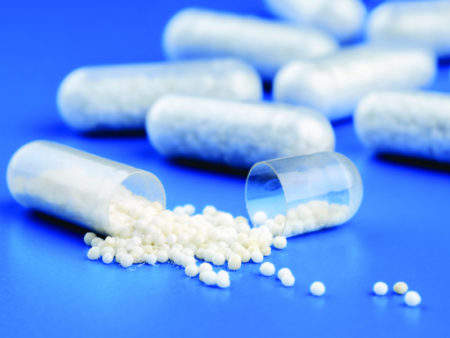International Pharmaceutical Excipients Council of the Americas (IPEC-Americas) Approves Sale of Its IPEA Auditing Subsidiary to NSF International
The International Pharmaceutical Excipients Council of the Americas (IPEC-Americas) – an international non-profit comprised of pharmaceutical and excipient manufacturers and distributors – has approved the sale of its IPEA auditing subsidiary to NSF International. The transaction is expected to be finalized in spring 2013 and will position NSF International as a leader in the excipient auditing arena and will enable NSF to develop new service offerings and deliver excipient, food additive and dietary supplement ingredient audits together.
The US Food and Drug Administration (FDA) continues to closely monitor drug manufacturing supply chains since there have been several public health incidents, including patient deaths, linked to tainted raw materials used in the manufacture of finished drug formulations. U.S. and European regulations require excipients to be safe and functional and to comply with Good Manufacturing Practices (GMP) requirements for their manufacture and supply. CFDA in China and Anvisa in Brazil also are issuing regulations in this area.
IPEC develops quality, safety and functionality standards for pharmaceutical excipients and excipient delivery systems. IPEA was founded in 2000 as a wholly owned subsidiary of IPEC-Americas to provide third-party audits of the facilities and systems used to manufacture and distribute pharmaceutical excipients according to the IPEC-PQG (Pharmaceutical Quality Group) GMPs. IPEA’s Excipient GMP Conformance Certification Program is the only ANSI (American National Standards Institute)-accredited provider of excipient GMP certification.
NSF International is a global independent public health organization that writes standards, tests and certifies products, and offers training and auditing to the food, water and health sciences industries to minimize adverse health effects. As a member of IPEC, NSF International shares IPEA’s long-standing commitment to excipient safety. IPEA will become part of the NSF Health Sciences Division which offers GMP and GLP testing, certification, and will now include additional third-party audits and certification based on IPEC – PQG Good Manufacturing Practices Guide for Pharmaceutical Excipients. The division also provides training, auditing and regulatory guidance for the pharmaceutical, medical device and dietary supplement industries throughout the product life cycle.
Pharmaceutical manufacturers of both prescription and over-the-counter (OTC) drugs are responsible for assuring the quality, safety and supply chain of excipients. Recently adopted in the Food and Drug Administration Safety and Innovation Act (FDASIA), the new definition of cGMPs clarifies this responsibility by including requirements for the pharmaceutical drug product manufacturer to demonstrate oversight and controls to ensure quality and establish the safety of materials used in the manufacture of drugs and finished products.
NSF International is working closely with IPEC and the FDA on the development of an American National Standard for excipient GMPs (NSF/IPEC 363: Good Manufacturing Practices for Pharmaceutical Excipients), based on IPEC’s Guide. NSF International is in the process of finalizing this standard that defines GMPs for excipient manufacture for use in drug products and specifies the components of a quality management system for excipient manufacture and the GMP principles in IPEC’s PQG-GMP Guide for Pharmaceutical Excipients.
"The pressure is on dietary supplement and pharmaceutical manufacturers to implement a robust science- and risk-based supplier qualification and monitoring program for excipients. The acquisition of IPEA helps NSF International to meet this need for manufacturers by providing global excipient auditing and certification solutions, and delivering excipient, food additive and dietary supplement ingredients audits together," said Bob Pietrowski, Ph.D., Vice President of NSF International’s Global Health Sciences Division. "In addition, manufacturers can look forward to NSF/IPEC 363 which will define GMPs for excipient manufacture in drugs."



